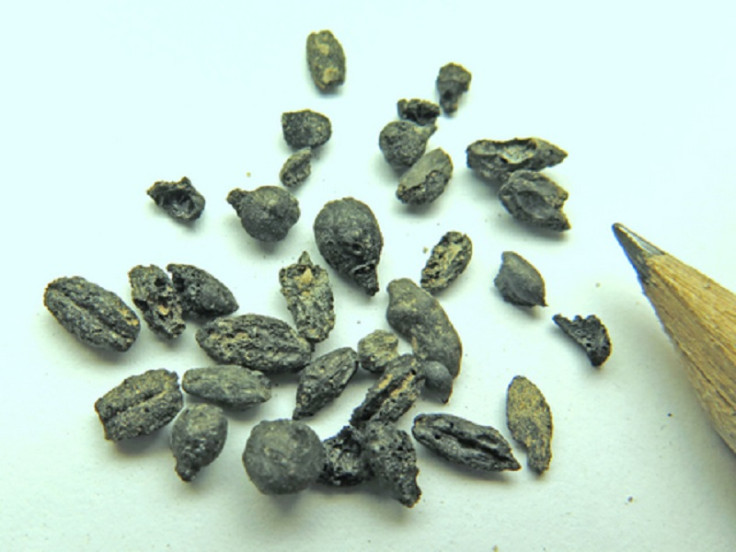Israel: Grape seeds for long-lost Byzantine 'Wine of the Negev' discovered in Halutza

Grape seeds that were used to make the 'Wine of the Negev' have been discovered in Israel, raising hope that experts will be able to find out why the wine was considered the finest in the Byzantine era.
The charred seeds, dating back 1,500 years, were found at the Halutza excavation site in the Negev during a dig by the University of Haifa and the Israel Antiquities Authority.
The wine produced from vines growing in Negev today are from European varieties – the grapes from the Negev vine was lost to the world long ago.
The wine, also known as Gaza Wine, was sent to all corners of the Byzantine Empire and is believed to have been extremely expensive. Guy Bar-Oz, from the University of Haifa, said: "Our next job is to recreate the ancient wine, and perhaps in that way we will be able to reproduce its taste and understand what made the Negev wine so fine."
Previously, archaeologists have found terraces where the vines for the wine of the Negev were cultivated. Wineries and jugs were found, but the seeds themselves remained elusive.
However, during the current excavation at Halutza – an important city in the Negev during the Byzantine era – archaeologists found the seeds in an ancient refuse dump. Pottery and coins showed the seeds date to about the sixth or seventh centuries, a time the city was at its peak of success.
Among the piles of refuse, researchers found pottery fragments that would have been used for cooking, storage and serving. They also came across hundreds of tiny charred grape seeds – the first time Negev grape seeds have ever been found.
The researchers now plan to team up with biologists to sequence the seed DNA to work out if they are original Negev seeds.
"European varieties require copious amounts of water. Today it is less of a problem thanks to technology, but it is unlikely that that was the case 1,500 years ago. It is more interesting to think of local grape varieties that were better suited to the Negev. Maybe the secret to the Negev wine's international prestige lay in the method by which the vines were cultivated in the Negev's arid conditions," researchers said.
© Copyright IBTimes 2024. All rights reserved.






